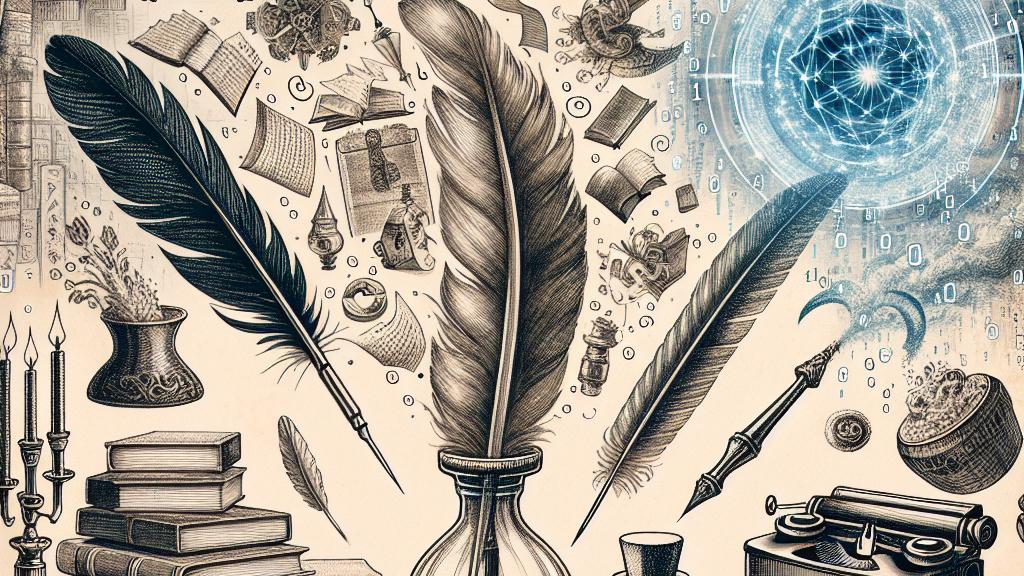AI vs. Shakespeare: Unveiling the Preference for AI-Generated Poetry
Overview
- Recent research reveals a surprising trend: readers increasingly favor AI-generated poetry over classic works by poets like Shakespeare.
- The study shows participants often struggle to differentiate between human and AI-written poems while frequently preferring the latter.
- AI-generated poetry's clarity and accessibility may play a significant role in its higher ratings among contemporary audiences.

A Surprising Preference
In a striking revelation that challenges traditional notions of literary appreciation, a recent study has indicated that readers show a distinct preference for AI-generated poetry over the illustrious works of iconic poets, such as Shakespeare and Emily Dickinson. This research, carried out by the University of Pittsburgh, involved participants comparing an array of poems—half crafted by renowned poets and half generated by the advanced AI model, ChatGPT. Astonishingly, many participants mistook AI-generated poems for those authored by humans, shedding light on a fascinating disconnect in contemporary literary evaluation. This trend raises critical questions about our relationship with poetry: what do we truly value, and how are we allowing technology to redefine our literary landscape?
Understanding the Why
So, what underlies this surprising preference for AI poetry? One key factor appears to be the inviting simplicity and lucidity often found in AI compositions. Readers in the study conveyed that they appreciated the straightforward nature of AI poems, which stood in stark contrast to the rich complexities of works by human poets like T.S. Eliot, whose dense imagery and intricate layers can sometimes leave readers pondering their deeper meanings for ages. For instance, consider the powerful resolve found in Maya Angelou's "Still I Rise," where every metaphor demands thoughtful engagement. Yet, AI-generated verses tend to be easily digestible, granting readers immediate access to their messages. This creates an intriguing paradox: in a fast-paced digital world where clarity often triumphs over complexity, readers might be drawn to the straightforward charm of AI poetry without fully realizing its implications for artistic appreciation.
The Future of Poetry and AI
As we step into this brave new world where AI and poetry converge, the implications for artistic expression are expansive and thought-provoking. The blending of human creativity with machine intelligence prompts profound opportunities, yet poses significant questions about the very essence of art. For instance, Ai, the poet, articulates the depths of personal and cultural struggles through evocative language that resonates with many readers. Meanwhile, AI, while increasingly adept at mimicking such emotionality, lacks the lived experiences that breathe life into these narratives. As we forge ahead, we must critically assess our definitions of poetry and art. Will we continue to elevate the intricate narratives spun by legendary poets, or will the inherent simplicity and clarity of AI poetry signal a shift in what we consider worthy of praise? The ongoing evolution of AI may compel us to rethink our standards of evaluation and appreciation in the literary realm.

Loading...